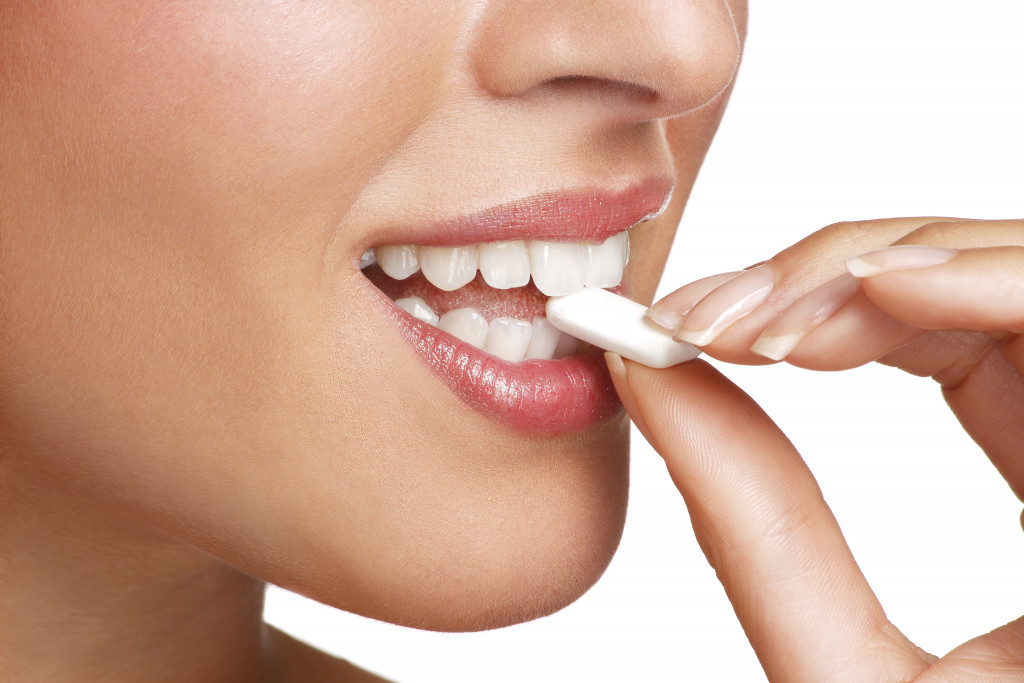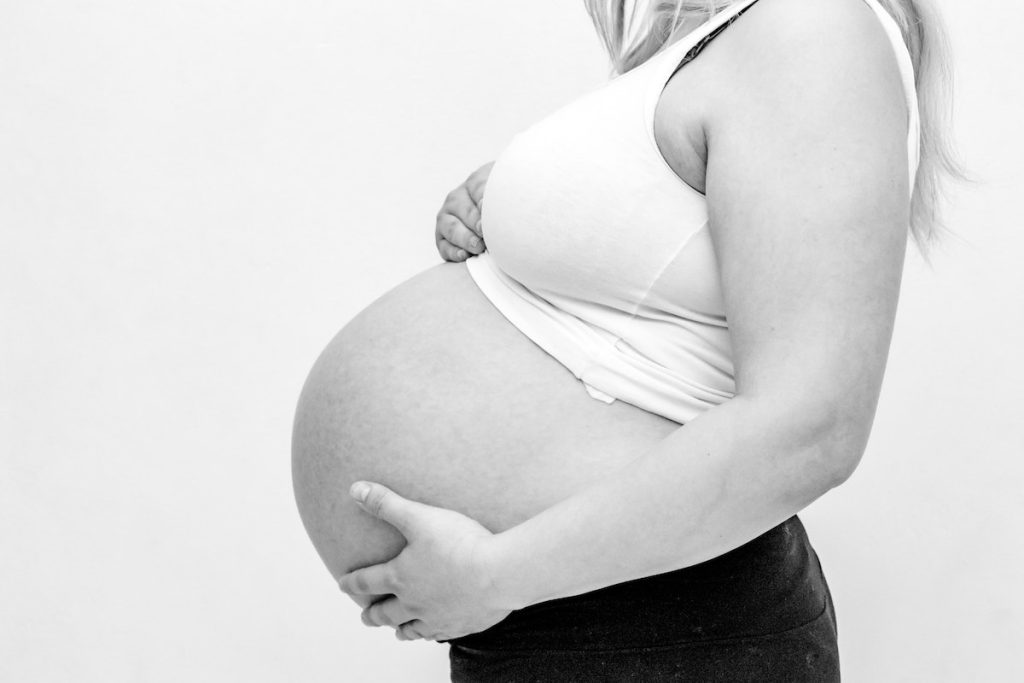Food plays a vital role in life. It is essential for daily sustenance and provides the vitamins and minerals that bodies need to function properly. Diet is also important for fertility health.
Although it remains to be seen how diet and micronutrients influence fertility, researchers are learning more every day. But they already know that some nutrient deficiencies can cause fertility problems. And researchers have studied the potential link between Geritol and pregnancy.
Effects of Geritol on Pregnancy
Geritol is a multivitamin supplement that contains vitamins and minerals. It is available in both liquid and pill form. Taking Geritol provides people with vitamins and minerals they may not otherwise get from their diet.
Some people believe that there is a connection between Geritol and pregnancy. They think the multivitamin can help boost fertility and increase the chances of becoming pregnant.
However, there is no medical evidence to support this claim. There are no studies that have looked at the effects of Geritol on fertility or pregnancy. Even the manufacturer stated that there’s no evidence showing the Geritol multivitamin increases the chances of fertility.
Fertility Claims
Despite the manufacturer calling the claims false, online pregnancy message boards and blogs paint the multivitamin as a way to increase fertility. These posts indicated that Geritol could help you conceive even if you’ve been trying for a while without success. It supposedly helped couples who were trying to conceive. Taking the multivitamin was also considered an excellent way to deal with health issues affecting fertility.
Iron Content
The iron content of the multivitamin may have contributed to these claims. The body needs iron to produce hemoglobin. The protein helps bring oxygen to different parts of the body. Geritol Complete or Geritol Multivitamin contains 16 mg of iron. On the other hand, Geritol Tonic or Geritol Liquid has 18 mg of iron.
Iron is also involved in growth and development. The mineral is also necessary for the function of specific cells. A woman loses iron when she is on her period. Taking a supplement can help replenish what’s been lost.
Women also need around 27 milligrams of iron every day. They can deal with iron deficiency anemia through good nutrition. They can get the mineral from green leafy vegetables, peas, dried beans, and iron-fortified breakfast cereals. Drinking juice with high vitamin C content enhances iron absorption from supplements and plant sources. Animal products also offer good sources of iron. Iron from these sources is easily absorbed into the body.
But the Geritol multivitamin is not considered a prenatal vitamin since it is not designed to increase fertility.
Comparing Geritol with Prenatal Vitamins
Geritol has been in the market for decades. Its iron content may be why people think it helps in pregnancy. However, it’s not considered one since it was not meant to increase fertility despite some people believing a connection between Geritol and pregnancy.
Folic Acid
One main difference between a prenatal vitamin and Geritol is their amount of folic acid. Prenatal vitamins have adequate folic acid levels. This nutrient contains B-complex vitamins that are important for a baby’s early spinal development. Insufficient amounts of folic acid can result in spina bifida. This is a disabling condition that affects spinal cord development.
Women planning to get pregnant or in the middle of their pregnancy should take about 400 mcg of folic acid daily. The amount may increase depending on the doctor’s recommendation.
Stool Softener
Aside from folic acid, prenatal vitamins also contain a stool softener. It reduces the effects of taking iron supplements. These mineral supplements can cause digestive conditions during pregnancy. One of the issues that they may experience is constipation.
Geritol and Pregnant Women
The manufacturer already belied claims of Geritol increasing fertility. The best way for women to increase their chances of pregnancy is by following a healthy diet and exercising. She should also take suitable prenatal vitamins. Women have different nutritional needs and should always consult a healthcare provider before taking any medication or supplement. They should also consult a doctor or a fertility specialist if they need more than just vitamins.
Geritol multivitamins have not been studied in pregnant women, and it is not a substitute for a prenatal vitamin. There are no known side effects of Geritol during pregnancy, but as with any medication or supplement, it is always best to consult with a healthcare provider before taking anything.
Geritol is a multivitamin that contains vitamins and minerals, including iron. Pregnant women need to get enough iron to help prevent anemia. Anemia can make pregnancy more difficult and lead to serious health problems for both the mother and the baby.
How to Increase Fertility
Exercising regularly and eating a healthy diet are two ways to increase fertility among women. They can get the vitamins and minerals they need to stay fit from a healthy diet. Women can also consult their doctor or a fertility specialist to help them select the best prenatal multivitamins for their needs. Consulting a professional is necessary since prenatal vitamins have different formulas depending on the patient’s needs.
Some women may need to take a prenatal vitamin with more iron than usual. These are typically for women who were anemic before they became pregnant. Due to this, some women associate their pregnancy with Geritol pills after they take them while preparing to get pregnant.
Vitamins to Help Boost Fertility

A healthy diet is essential to increase the chances of getting pregnant. But vitamin and mineral supplements can also help, especially among women who lack specific vitamins and minerals.
According to peer-reviewed studies, some suggested dietary supplements women can take include the following.
- Acetyl L-Carnitine: This amino acid occurs naturally in the body and is essential for fertility and reducing symptoms of PCOS and endometriosis.
- Calcium: Women who consume dairy products have lower chances of developing ovulatory problems. This may indicate that calcium can help in increasing fertility.
- Folic acid: This vitamin is vital for developing the neural tube, which becomes the baby’s brain and spinal cord. It is different from folate acid since it is the synthetic form of vitamin B9.
- Folate or Vitamin B9: This B vitamin is essential for healthy fetal development and fertility. Women with low folate levels have an increased risk of having a baby with neural tube defects. It may also result in irregular ovulation.
- Fish Oil: Fish oil contains Omega 3 fatty acids, which can improve egg quality. They can also regulate hormones, reduce body inflammation, and increase blood flow into the uterus. Omega 3 fatty acids also increase the chances of the embryo implanting in the uterus.
- Iron: The body needs iron to ensure healthy blood production. Low iron levels can cause infertility among women. But it’s essential to consult a doctor before taking the mineral since some women do not need supplementation.
- Selenium: This trace element is essential for the proper function of the thyroid and protection from oxidative stress. Inadequate intake of selenium-rich foods is linked to a luteal phase defect, affecting the menstrual cycles’ post-ovulation phase.
- Vitamin B6: Research conducted in 2007 showed that women with high vitamin B levels are more fertile than others. While it remains uncertain if increasing levels of vitamin B6 can improve fertility, its ability to lower homocysteine levels is one of the reasons why it might be linked to fertility.
- Vitamin C: Vitamin C is an antioxidant that reduces the effect of free radicals on the body. Aside from being a good supplement for the immune system and great for skin, especially to those who are doing skin cycling, Vitamin C can improve sperm health and decrease sperm DNA fragmentation when combined with vitamin E.
- Vitamin D: Vitamin D is essential for immunity and cell growth. It also regulates inflammation in the body. Low levels of the vitamin are also associated with low fertility levels. Ovulation issues also emerge with low vitamin D levels.
- Vitamin E: Vitamin E is an antioxidant that can scavenge the body’s free radicals. Free radicals are linked to infertility. It also provides nutrients to the ovaries. Vitamin E also supports egg quality, which is crucial for women planning to conceive later in life.
Having a baby is a joyful time for couples. But getting pregnant can be difficult for some women. While claims of a connection between Geritol and pregnancy surfaced online, it’s best to consult a doctor before taking any supplement, even if it’s over the counter. But the best way to increase fertility is to follow a healthy diet and lifestyle. Doing so will improve your chances of getting pregnant and ensure a healthy pregnancy.


